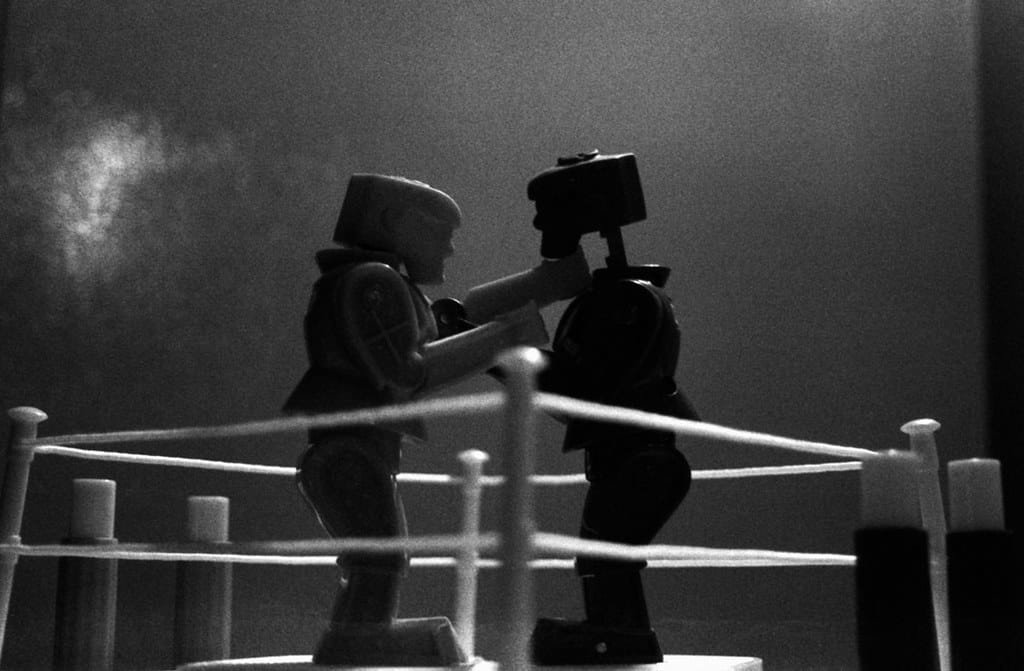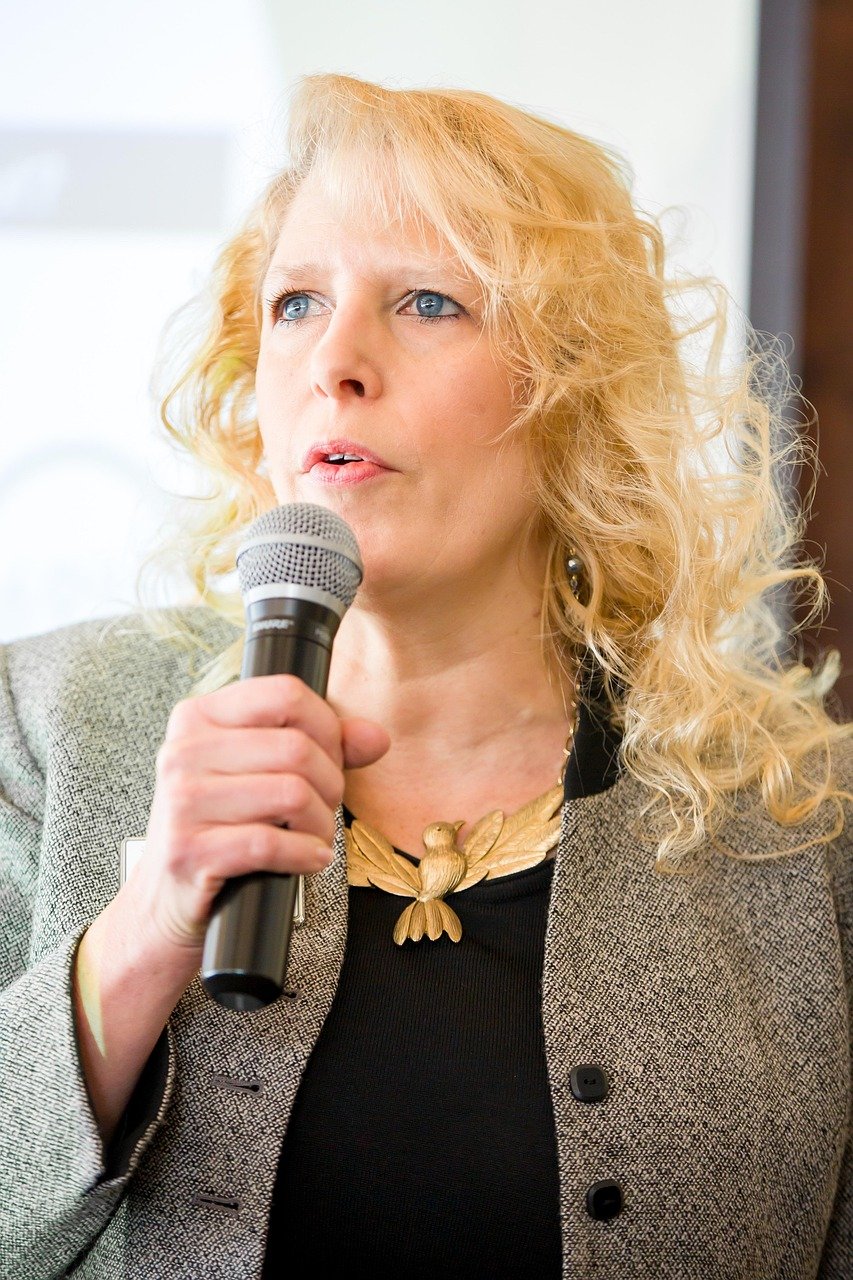How to Talk about Climate Change: Without Starting a Fight

Let’s be honest: bringing up climate change in everyday conversation feels risky. You want to talk about it, but you don’t want to sound preachy—or worse, start an argument that ruins the mood.
If you’ve ever left a climate chat thinking, “Well… that went badly,” you’re not alone. The good news? There are ways to have these conversations that don’t leave anyone defensive or tuned out.
Here’s what’s worked for people who’ve been in the same boat:
1. Start with What You Both Care About
Nobody wants to be told what to think. Most people will open up when the topic connects to something they already care about.
Is it the electric bill, the weird weather, or local flooding? Or maybe just keeping the garden alive?
Instead of diving straight into emissions or carbon footprints, try something like:
“Have you noticed how hot it’s been this spring? My power bill was through the roof.”
This kind of opening makes the conversation about shared experience—not abstract climate doom. Here’s a good overview of why starting with shared values works.
2. Ask More Than You Tell
If the other person seems skeptical, resist the urge to fact-dump. Stay curious.
You could say:
“That’s interesting… what have you heard about it?”
Or:
“Yeah, it’s hard to know what’s real with all the noise out there. What’s your take?”
This keeps the door open. People like being asked what they think. They don’t like being corrected mid-sentence.
For more on this approach, there’s a great (but not too academic) guide on how asking questions lowers defences.
3. Keep It Local and Personal
Big global statistics about sea levels or polar ice melt? Important, but hard to relate to during lunch.
Stick to local stuff:
“Last summer’s drought was brutal.” “The price of groceries is wild these days.” “Have you noticed how often we’re losing power now?”
Local and personal make it real.
4. Assume Good Intentions
Some people avoid climate topics not because they don’t care, but because they’re tired, overwhelmed, or don’t know where to start.
The quickest way to shut down a conversation is to assume someone’s being selfish or willfully ignorant.
Better to think:
“They probably just haven’t had a reason to think about this the way I have.”
That mindset shift makes you sound less like you’re lecturing, and more like you’re just sharing.
Disinformation, , and whether you live in an oil prducing country are just two of the reasons Why people resist climate messages.
5. Share Small Wins, Not Guilt Trips
Nobody changes because someone made them feel bad.
If the conversation opens up, talk about what worked for you.
“I switched to LED bulbs—saved me more than I thought.” Sealing my house’s drafty spots made it more comfortable this winter.” “My neighbour got a heat pump and says their power bill dropped by half.”
When people hear doable stuff, they’re more likely to act.
6. Know When to Back Off
If the chat starts getting tense, it’s okay to bail out gracefully.
Something like:
“You know what, let’s put a pin in this. I don’t want us to argue about it.”
You’re not shutting the door—you’re just keeping the relationship intact for next time.
Finally
You don’t have to be a climate scientist or a perfect eco-warrior to know to Talk about Climate Change: Without Starting a Fight
Just being honest, kind, and human goes a long way.
Some conversations will plant a seed. Some won’t. That’s fine. The goal isn’t to win an argument. It’s to keep the conversation open for next time.



